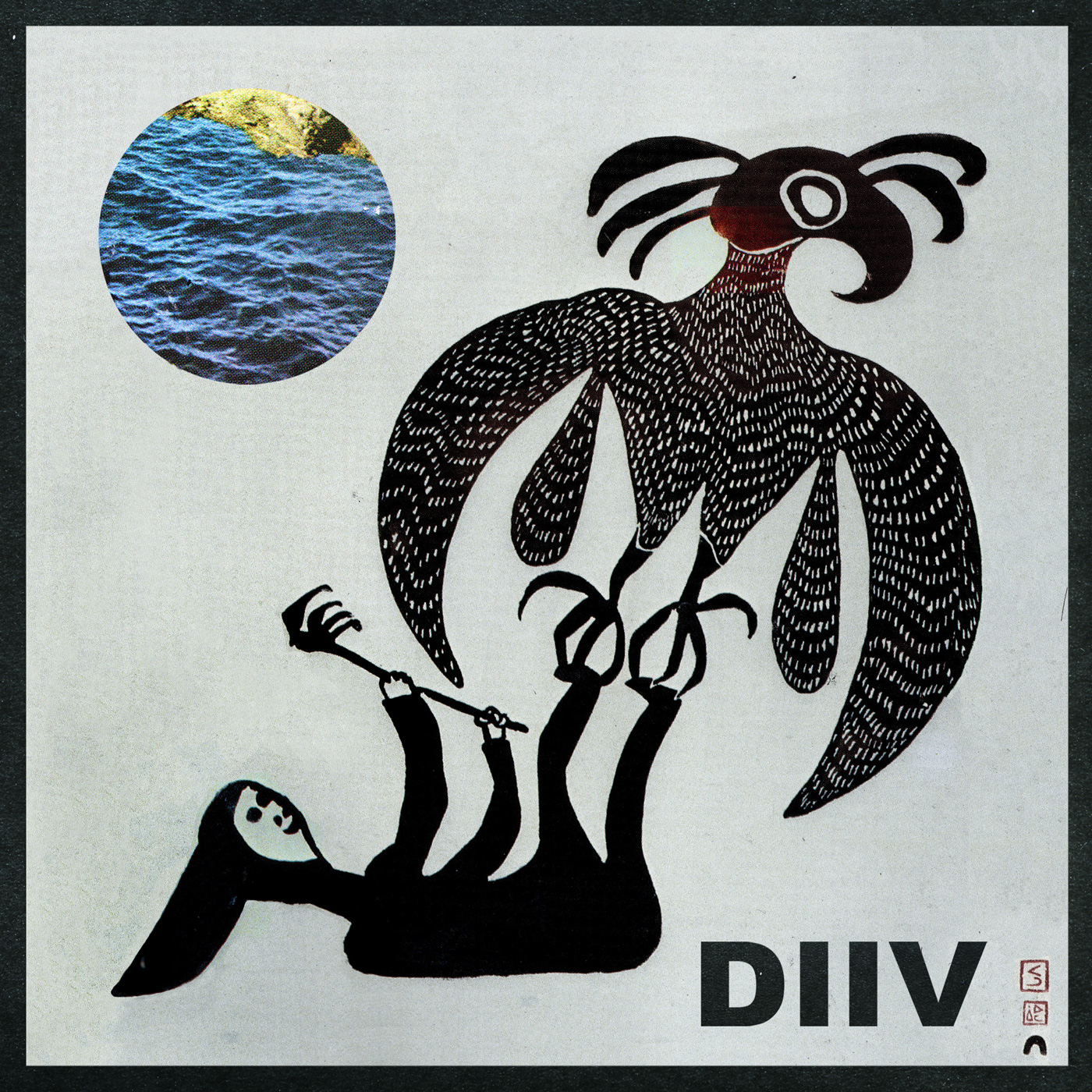
here is the NFO file from Indietorrents
Uploaded by badwiring 2 months, 1 week ago
Pulled from cd
Album info
Pitchfork Review
By Ian Cohen; June 26, 2012
I don’t think DIIV intend to be subversive; they’re a traditionally structured indie rock band with lyrics that are mostly unintelligible if they’re not in the song title. But Oshin isn’t just a gorgeous and unusually melodic dream-pop record; it’s an interesting experiment in whether a band based on voice/guitar/bass/drums can rely on the guitar to carry the song’s meaning. DIIV’s songs are built around verses and choruses but these are unusually fluid and intuitive, almost post-rock in miniature. And this album is more of a sensory experience than an emotional one. The original name of “Dive” was, according to leader Zachary Cole Smith, touring guitarist for Beach Fossils, a tribute to the Nirvana song and/or an acknowledgment of how each member has a “water” astrological sign. The instrumental tracks that bisect the record are titled “(Druun)”, perhaps a flubbed portmanteau of “drone” and “drown.” But all three invented words convey the elemental. Whereas someone like Phil Elverum or Wolves in the Throne Room attempt to conjure nature’s awesome unpredictability, DIIV capture the beauty and comfort of its foreseeable ebb and flow.
The pleasures of Oshin as a full-length are subtle. “Past Lives”, “How Long Have You Known”, and “Doused” aren’t just the most striking individual tracks; their smart spacing at the beginning, middle and end of Oshin has a trickle-down effect. Were “Earthboy” and “Sometime” to pop up on shuffle, not much about their rhythms or melodies would stand out. But within the album’s context, they become sensible interludes. On a smaller scale, Smith’s vocals are positively tidal, rising in confident and comforting intervals and resolving every bit as smoothly. The guitars bring to mind things like coins in a fountain, pebbles skipping across a lake, and small fish evoking silvery ink. Even the slowly overwhelming distortion of “Wait” incrementally seeps through the mix like a wave of cold, muddy sand, the only interruption the paradoxically arid “Air Conditioning”– the one track whose rigid, interlocking guitar patterns recall those of Beach Fossils.
The experience of Oshin is aqueous and amorphous in a way that makes using the term “rock” feel uncomfortable. The pliable yet sturdy intertwining of guitar and bass stretches across the songs like a hammock. And at its best, Oshin can feel like an ingenious distillation of the sonorous instrumental passages that took Disintegration’s “Fascination Street” and “Pictures of You” toward arena-rock grandeur. The album is mostly parceled out in lines of three-to-five descending notes that become self-descriptive adjectives: “(Druun)” wordlessly projects resolution, confidence; “Past Lives”, wistful acceptance; “Oshin (Subsume)”, a kind of dead-eyed stoicism; “Doused”, white-knuckle tension. Oshin gives you hints and direction, but never tells you exactly how to feel. It reminds me that one of Neil Young’s most desolate and gripping records was called On the Beach.
Oshin is notable for what it leaves to the imagination; not just about its own communicative aims, but about DIIV as well. Barely year ago, it was Smith’s solo project, a fairly standard dream-pop act. The impact of DIIV’s vibrant and muscular rhythm section makes all the difference. They might not rock, but Oshin always offers tactile resistance. And after the second “(Druun)”, Oshin starts to coil into a darker pose, emerging from the deep with the tension of early Interpol before turning post-Fugazi emo drunk on reverb.
“Doused” ends abruptly before the closing lullaby “Home”, giving the impression that if DIIV recorded any further at this stage, they’d be too far off from where they started for Oshin to cohere as beautifully as it does. It’s a snapshot and a potential pivot; DIIV appear to be at a place where bands like Real Estate and the War On Drugs were after their debut full-lengths; similarly good albums which blurred instrumentals and songcraft, evocation and statement. Of course, their next ones were great largely because they made you care about the people who created them. DIIV have made a compelling debut where what the band is actually about is fairly unimportant. But since Oshin deftly defines what they do, and what they do now, this mystery is likely a temporary state.
